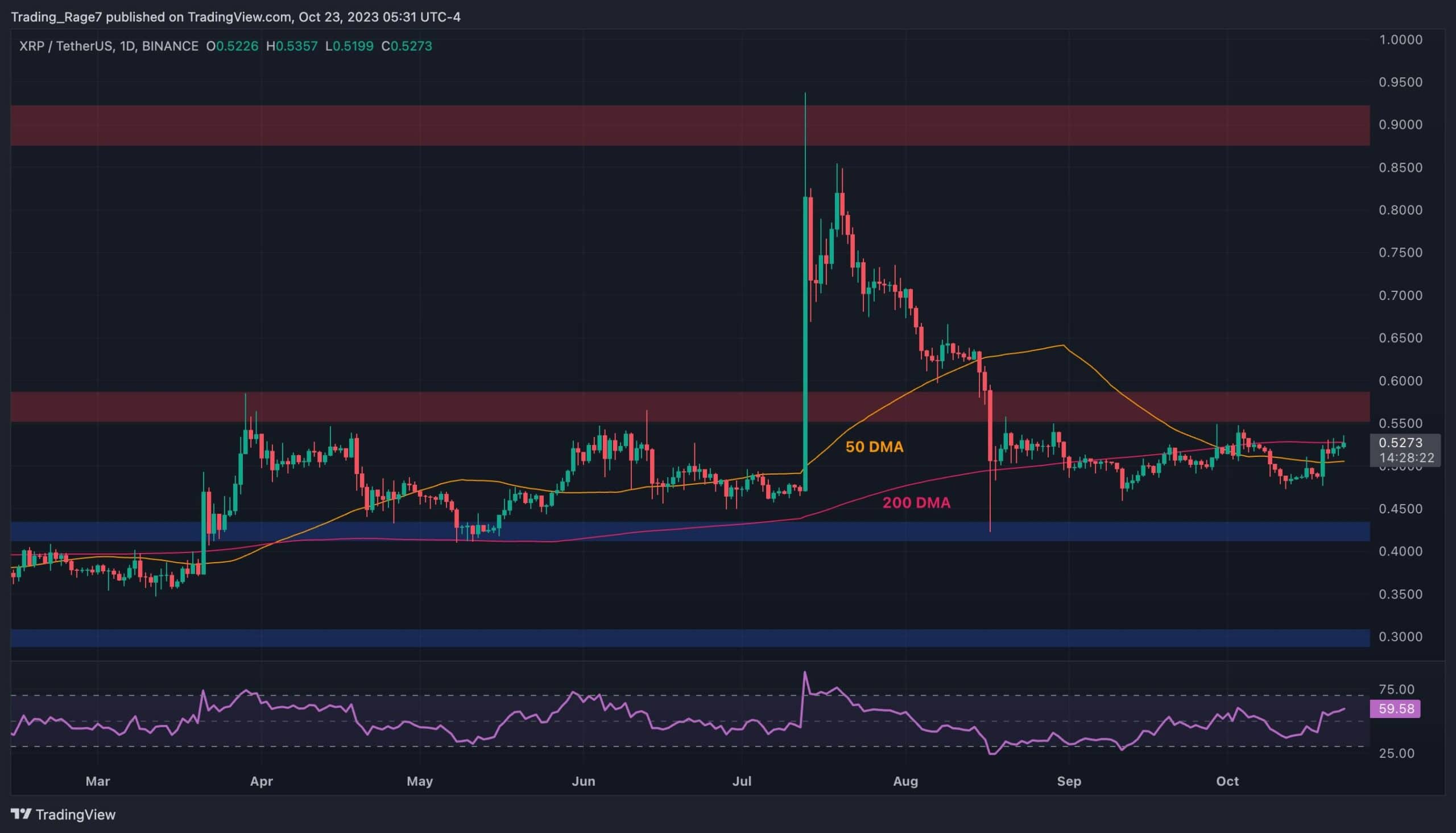Bitcoin (BTC) Fails to Attract Safe-Haven Flows: Kaiko
While bitcoin’s performance over the last couple of years has been nothing short of spectacular, the latest analysis suggests that the world’s largest cryptocurrency has failed to attract safe-haven flows.
This was evident in the case of an increased demand for such assets following the escalating conflict in the Middle East, according to Kaiko.
Bitcoin Struggles to Capture Safe-Haven Status
While gold and the US dollar have rallied, bitcoin’s value dropped by 6% in April. One potential reason for this could be the Bitcoin halving, which typically leads to short-term volatility.
However, BTC’s performance after major market events, such as the US banking crisis and Russia’s invasion of Ukraine, indicates other factors at play. During these two events, bitcoin saw a notable surge in its value but remained unchanged after the Hamas attack on Israel.
Kaiko’s report also pointed out that BTC’s performance varies significantly relative to different fiat currencies, with massive gains against currencies like the Turkish lira, Argentinian peso, and Nigerian naira, compared to a smaller rise against the US dollar.
With escalating geopolitical tensions, rising energy prices, and diverging monetary policies, FX volatility could increase in the coming months.
US Treasuries Disappoint Investors Amid Market Turmoil
In recent years, the global economy has faced major turbulence, especially the COVID-19 pandemic and subsequent supply chain disruptions leading to inflation hitting levels not seen in decades. Central banks, including the Federal Reserve, aggressively raised interest rates to counter this.
Amidst these economic uncertainties, bitcoin surged nearly 1,000%. While doing so, it outperformed traditional safe-haven assets such as gold and US Treasuries.
While gold saw a modest 33% increase during the same period, the same can’t be said for US Treasuries, which declined by 12% since March 2020.
This trend challenges the conventional notion that gold and Treasuries would thrive in times of market turmoil. It suggests a growing argument that bitcoin is emerging as the ultimate safe haven despite its notorious volatility.
While BTC has experienced significant declines in the past, its long-term trajectory shows substantial growth, improving the purchasing power of its holders, according to certain market commentators. Its decentralized nature and limited supply of 21 million coins make it an attractive hedge against economic uncertainty.
The post Bitcoin (BTC) Fails to Attract Safe-Haven Flows: Kaiko appeared first on CryptoPotato.









